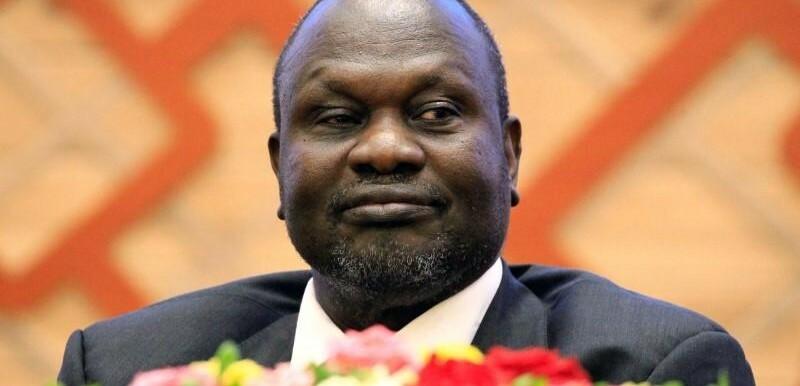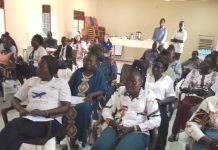Yiep Joseph
Africa-Press – South-Sudan. Riek Machar Teny and Rebecca Nyandeng have disagreed over the increment of civil servants’ salaries.
In mid-November, the Economic Cluster approved SSP 526 billion supplementary budget estimate for civil servants’ salary increments.
The cluster revealed that the new budget will be funded from oil revenue while at the same time proposing an allocation of 5,000 barrels of oil intended for road construction.
Other options for how the over half-a-trillion budget is the proposed reclamation of barrels intended for the transitional financial agreement with Sudan, the deduction of approximately 15% from the oil revenue stabilization fund; 10% from the future generation fund, and deducting of approximately 5% from the use of goods and services.
“All these deductions will amount to 526 billion and that amount will be able to cater for the increment in salaries given that fact that the budget for the fiscal year 2022-2023 was already passed by parliament,” Lily Albino Akol, the cluster’s spokesperson.
Rebecca Nyandeng Vice President for Gender and Youth Cluster called for quick implementation of the salary increment.
She said the citizens continue to suffer with low salaries that cannot meet the current market, saying low pay encourages corruption among officials.
“If you [pay] a minister SSP 10,000, then you say that you have increased [the salary] by 100 percent, which is SSP20, 000, what does it mean and yet we are living comfortably in our houses? Nyandeng questioned.
She called on the stakeholders to work hard to address the low salaries of civil servants.
However, Dr Riek Machar who was chairing the forum said the salary increment would not help in improving the lives of the citizens suffering from inflation.
“As long as we are getting our tomatoes and greens from foreign countries, whatever increment we make on our salaries will not be sufficient,” he claimed.
“If we cannot produce for ourselves, then all our revenue is going out,” Riek added
According to the FVP, the country imports almost everything from the neighbouring state, arguing South Sudan must start exploring other options for sustainable food security.
“Let’s do some production. If we do that, then we will not need to buy maize, tomatoes, pineapples from anywhere,” he concluded.
For More News And Analysis About South-Sudan Follow Africa-Press






